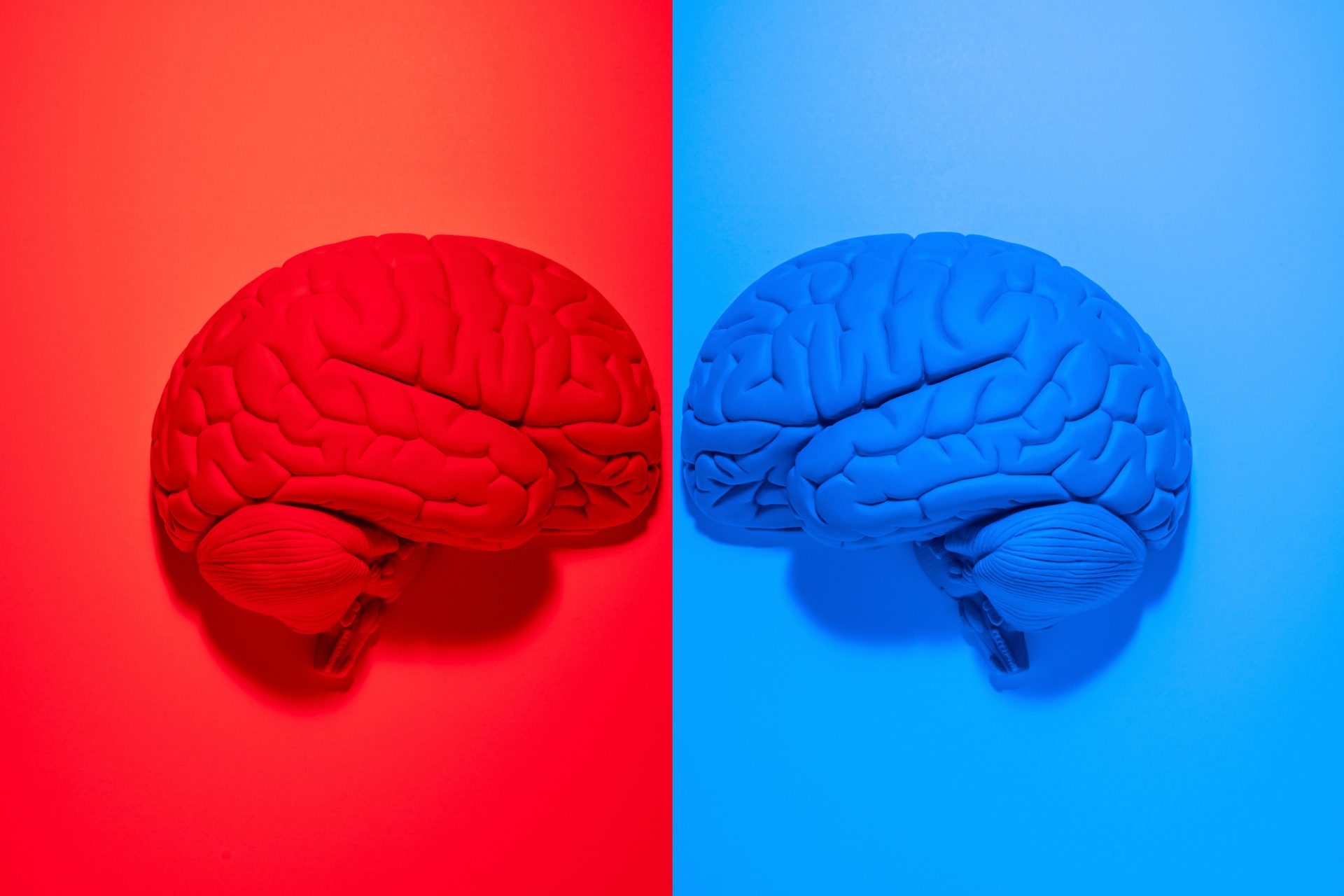Can't sleep? Researchers have the solutions to fixing your insomnia
Life can be hard when you lay awake in bed all night. A lack of sleep is one of the easiest ways to sap happiness from your system, and for people who suffer from insomnia, their lack of sleep can really affect their health. But there is a solution!
Insomnia is a fairly common sleep disorder according to Mayo Clinic. If you don't know what the condition is, that's okay. It's pretty simple. Insomnia can make it difficult for some to fall asleep or stay asleep depending on how the disorder presents the body.
For those who suffer from insomnia, it can sap their daily energy and make living life a lot more difficult. Plus there are a whole host of health issues that science is increasingly showing can manifest because of insomnia.
Health problems like cancer, diabetes, heart disease, asthma, gastroesophageal reflux disease, overactive thyroid, Parkinson's disease, and Alzheimer's disease have all been linked to insomnia according to the Mayo Clinic.
Some people only suffer from acute insomnia while others regularly battle with the disorder. Sometimes an underlying medical condition can cause someone to lose sleep but in other cases, there’s no explanation for long-term insomnia.
Regardless of how insomnia presents itself, there is a stunning lack of answers about how to treat the disorder, and it was this gap in our knowledge that led a group of scientists in Japan to research and then publish a study in 2023 in the journal Frontiers in Psychology exploring the best insomnia treatment strategies.
The researchers wanted to answer two primary questions about how to treat insomnia. First, they wanted to understand when hypnotics and non-pharmacological tools should be used in a clinical setting in order to alleviate symptoms of the disorder in patients.
Second, the researchers wanted to understand if there was a strategy that could be employed to reduce or end a patient's dependence on benzodiazepine hypnotics by using other alternative pharmacological and non-pharmacological treatments for insomnia sufferers.
Essentially, the researchers were trying to find sleep strategies that could be as helpful as using hypnotic drugs like benzodiazepines without resorting to these dangerous drugs to ensure a patient suffering from insomnia could get a restful night's sleep.
Hypnotics are a classification of medicine used to induce sleep or improve its quality in people who normally have trouble either falling or staying asleep according to Science Direct. Unfortunately, some of these medications can have significant side effects.
For example, benzodiazepines are a commonly prescribed hypnotic for people suffering from insomnia but the medication can lead to physical dependence, and withdrawal from the drugs can even be life-threatening according to Medical News Today.
The dangerous nature of the medication needed to help insomnia patients is why it is important to look at alternative methods of treatment that exclude using habit-forming drugs in the place of other hypnotics and non-pharmacological solutions like sleep hygiene.
One hundred and ninety-five insomnia experts were asked a series of questions by the researchers to help determine the best course of treatment for patients and they found the survey respondents provided them with clear answers on how to treat insomnia.
The consensus among the experts revealed that they recommended a combination of pharmacological and non-pharmacological treatments and advised a central nervous system-suppressing drug called Lemborexant should be used for treating insomnia.
When it comes to treating a person's ability to stay asleep, the experts recommend that a drug called Suvorexant, an orexin receptor antagonist that works by blocking chemicals in the brain, should be used as a first line of defense for patients that can’t stay asleep.
Despite recommending the use of drugs, researchers noted that strategies like sleep hygiene—something the Sleep Foundation defined as keeping a stable sleep schedule, preparing their sleeping environment, and having a bedtime routine—were important.
In situations where pharmaceuticals are not warranted, the researchers recommend that it is always best to use sleep hygiene education as a first-line treatment for insomnia and sleep maintenance. Cognitive behavioral therapy was listed as the best second-line treatment.
When transitioning off benzodiazepines, the researchers noted Lemborexant was the best alternative for initiating sleep while Suvorexant was again recommended for sleep maintenance. Sleep hygiene education was recommended again as a helpful solution.
“This information could help physicians who feel uncertain when deciding on treatment plans in clinical settings to improve patient outcomes,” the researchers wrote in their conclusion, and hopefully the addition to our collective knowledge does help patients.
More for you
Top Stories






























